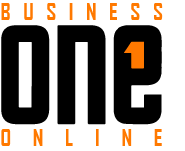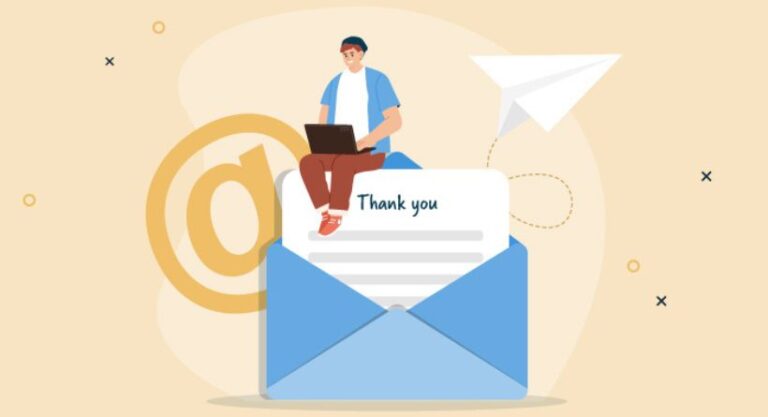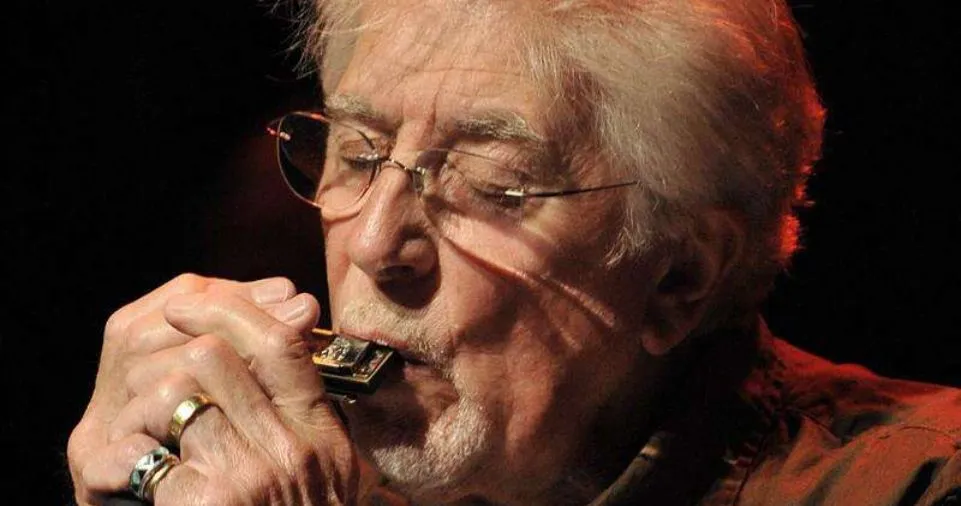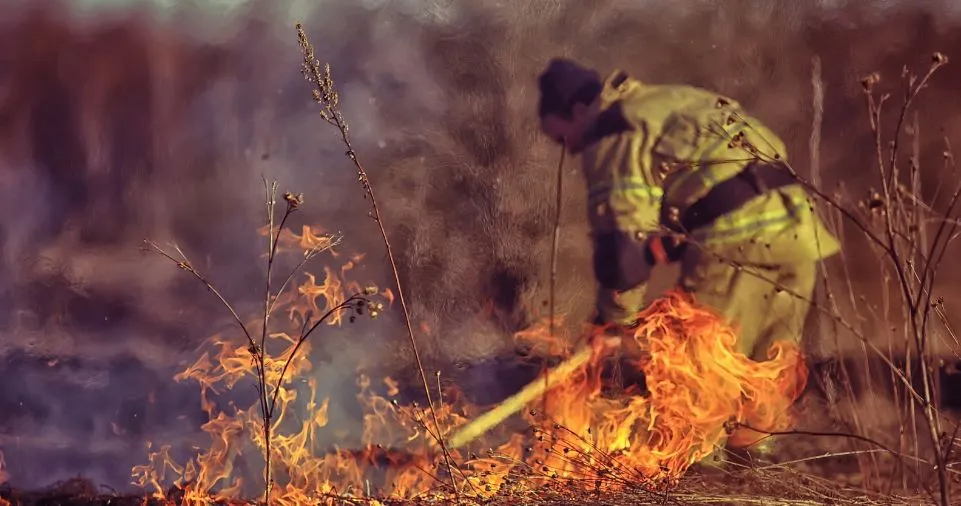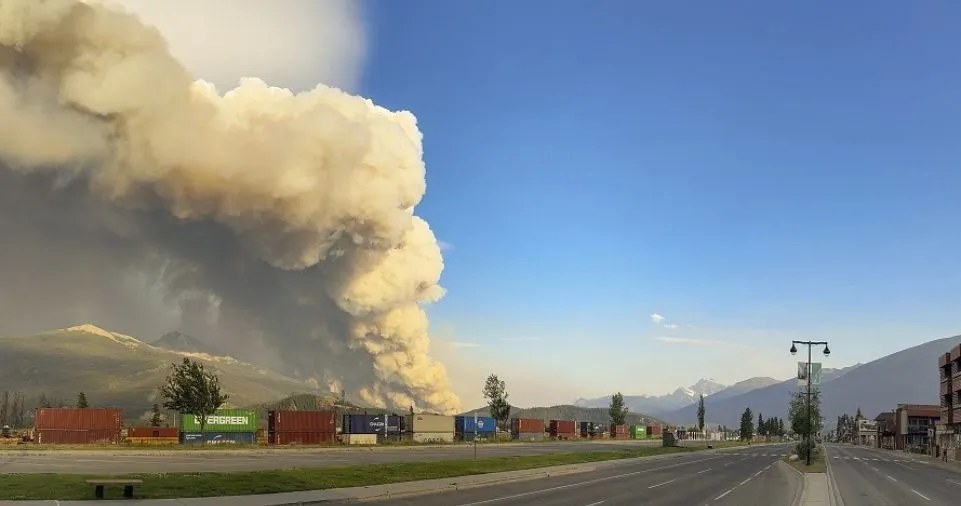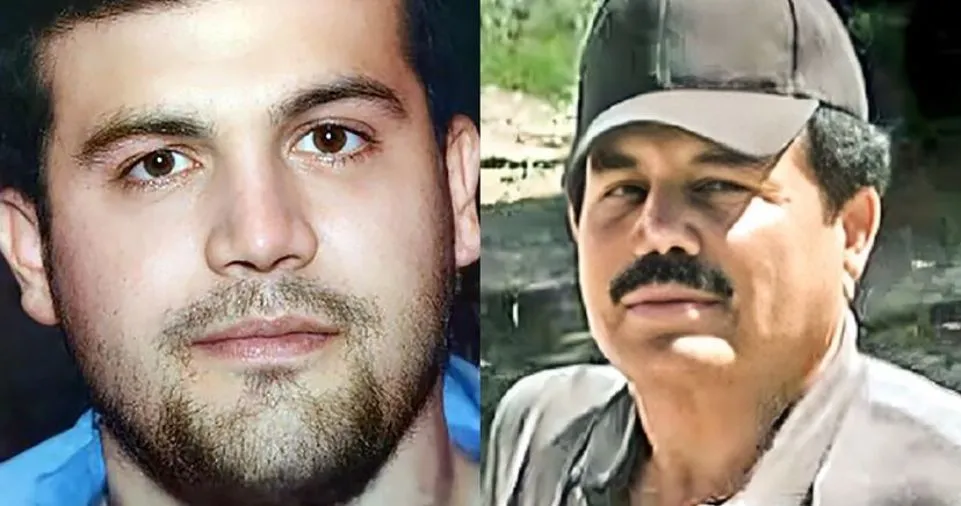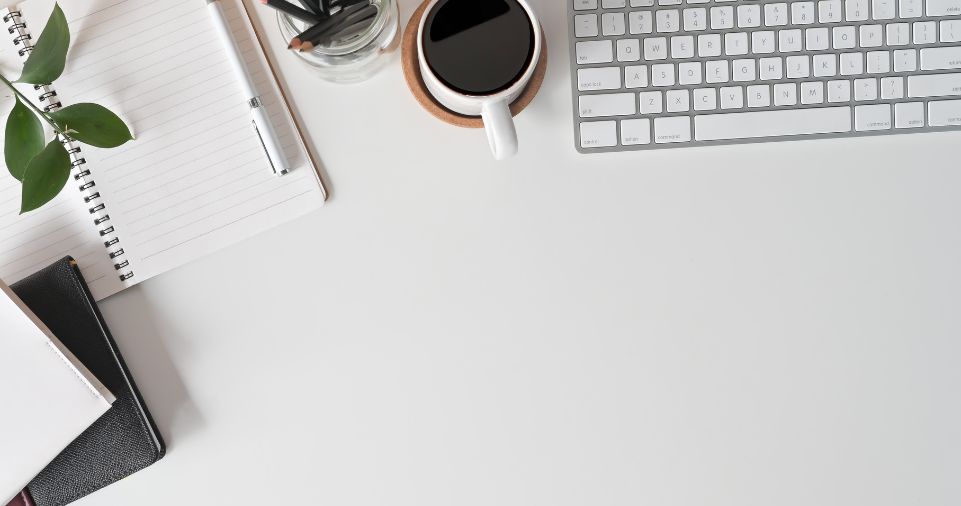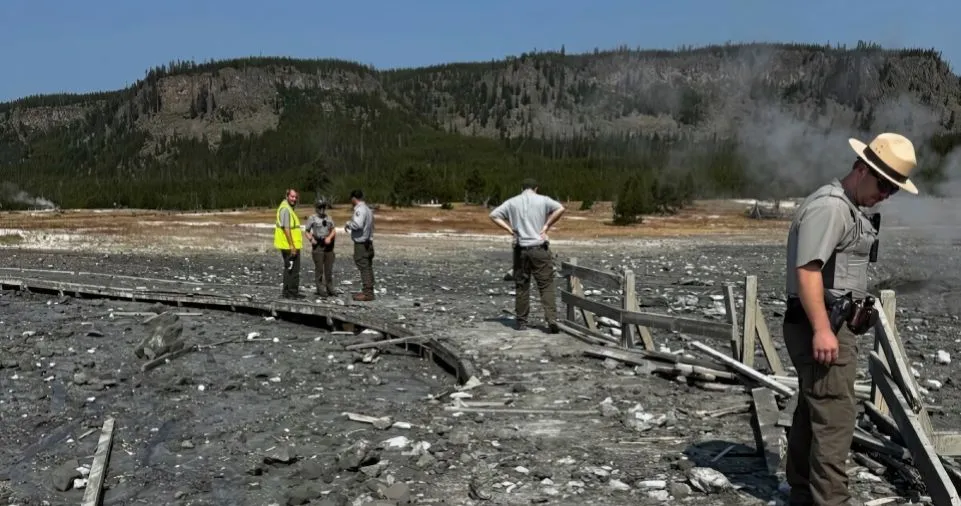You nailed the interview – what now? Send a thank-you note, like one of these.
- A letter of appreciation may make you stand out from the crowd and express your enthusiasm for the position and company.
- A thank-you note should express your gratitude, show that you are interested, and contain something special.
- You can handwrite or email thank-you letters, but think about which would be ideal for the position you’re looking for.
- Job seekers who wish to leave a positive impression following an interview should read this post.
Writing a thank-you note makes your application stand out from the competition and humanizes it as the recruiting process goes toward automation and speed. You have the chance to restate your credentials and inject some personality into a well-written thank-you message.
According to Rebecca Kiki Weingarten, job transition coach and co-founder of RWR Network, sending an unique thank-you card is just that: personal. It has a high-touch impact that sticks out in our high-tech environment.
These two short, easy words, “thank you,” may be exactly what helps you get the job.
Why are letters of appreciation crucial?
Sending thank-you notes is crucial for several reasons. In addition to being polite, it also gives you the chance to show that you can listen well and exhibit your interest in the job. The following can also be achieved with thank-you notes.
They make you more distinctive.
Immediately following the interview, while you are still fresh in the interviewer’s memory, send a thank-you email. No more than two or three paragraphs should make up the email’s body. Make specific mentions from the chat.
Slumber Yard’s CEO and co-owner Matt Ross can recall an applicant who went over and above by sharing intimate facts from their interview.
I just mentioned my hometown briefly, so it was astonishing that the candidate remembered it and managed to bring it up in his follow-up, according to Ross. He informed his brother to pick up a cake from a well-known bakery there because he had said that his brother would be going through [my town]. This not only demonstrated to me his ability to listen well, but also his willingness to go above and above by conducting research. I was quite satisfied with how it made me feel (pun intended).
They display politeness in the workplace.
Sending a note could demonstrate that you are aware of other good business manners, such as standing when a client enters the room, refraining from chewing gum in front of the CEO, holding doors open for others, arriving at meetings on time, and dressing appropriately, says Jodi RR Smith, author and president of Mannersmith Etiquette Consulting.
They show that you are interested in the job and the company.
Reiterating your interest in the position and company in a thank-you message is a terrific idea.
Smith explained, “First of all, it is a fundamental appreciation of the time the interviewer invested with you. Second, it shows the interviewer that you are knowledgeable in advanced interpersonal skills. Finally, the letter of appreciation conveys your continued interest in the company and the available position.
In contrast, skipping the follow-up step might give the impression that you weren’t motivated enough to go above and beyond and get in touch.
What should be included in a thank-you letter?
Keep your letter of appreciation concise, direct, and no more than four paragraphs. Avoid summarizing your whole resume in your thank-you message, said career counseling specialist Amanda Augustine for Top Interview and Top Resume, as the interviewer has already seen it and discussed it with you. You should give a brief rundown of your qualifications.
Each and every thank-you letter must include the following information:
contact details.
Include both your own and the recipient’s contact information in the body of the letter. Including the date might be helpful as well.
Salutation.
Use the more official manner of address (such as “Dear Mr. X”) in the thank-you message, even if you have been speaking to the interviewer in a more informal way.
Appreciation.
Together with a succinct explanation of what you enjoy, write an honest and particular statement of appreciation.
anything distinct.
Remind them of a particular topic they brought up in the interview that they may not have shared with other applicants. This will make you more memorable to the interviewer and demonstrate your ability to pay attention.
Qualifications.
Verify if you are a suitable fit for the position.
expression of appreciation Finish with a sincere closing salutation like “Best” or “Sincerely.”
Signature.
If you are emailing a thank-you note, you can use a typed signature, but paper letters must always include a handwritten signature.
Personalize your thank-you note the same way you would your resume and cover letter. Check it three times in total for grammatical and spelling mistakes. The excellent impression you made during the interview might quickly be ruined by a follow-up with several typos. Send separate notes to everyone you met if you did.
Sample letters of appreciation
Here are a few templates you may use to write a thank-you letter after an interview if you need a little additional assistance. Avoid copying and pasting the same generic form letter; instead, take the time to customize each letter you send. These are immediately obvious to recruiters, and they serve no use for you. Review the errors to avoid after the interview to leave a positive impression.
a sample letter of appreciation 1
Tim, good afternoon.
I appreciate you taking the time to talk with me about the staff writer opportunity at Business News Daily yesterday.
It was a pleasure to meet with you, and I really appreciated finding out more about the position and the organization. The in-office MVP vote you have sounds like a terrific approach to raise staff morale, and I really appreciated hearing about it!
Our talk has given me a lot of confidence that my abilities as a copy editor and business writing expert are a perfect fit for this position. As you proceed with the employment process, I would highly appreciate a follow-up as I am extremely excited about the potential to join your team.
Please don’t hesitate to get in touch with me by phone or email if you require any further information. Once again, thank you, and I hope to hear from you soon
best wishes
Jennifer Smith
Thank you note design #2
Greetings, Ms. Nelson
I just wanted to say thank you for taking the time to talk with me yesterday about the Business News Daily social media manager position.
Meeting you and knowing more about the direction your team is taking was a great pleasure. Our conversation suggests that you have a very interesting year ahead with the site improvements and growing consumer base.
I’d love to share my knowledge and abilities to support the team as they try to develop a better client base and social media presence, especially by offering the unique perspective I have as a marketer from my previous experience working at agencies.
I’m eager to have more conversations with you and your team to see how I might be able to support you in achieving your objectives. I would be really eager to collaborate with you if we are a good fit.
Sincerely,
James, Jimmy
What is the best way to write a thank-you note?
The particular person or business you are writing to will determine the appropriate format for your thank-you message. While some businesses favor electronic correspondence (such as email), others value the novelty of a handwritten message.
emails expressing gratitude
Because of its speed and capacity to attach files or provide links to more information that might assist candidates move to the next round of interviews, Augustine claimed that email is the most popular way to send a post-interview thank-you message.
Augustine said that it is still crucial to look at the company’s culture and ascertain which approach they favor. Email is perhaps the best option if you’re interviewing at a tech startup or you can tell that the business leverages technology.
Keep an eye on your inbox after you send an email. If you don’t hear back right away, don’t be upset; it’s common for businesses to take their time processing applications. If several days or weeks pass without a decision being made, send a courteous follow-up to check on the situation.
Don’t interpret this as a license to flood the recruiting manager’s email, though. If you don’t hear back after two well-spaced follow-up emails, consider it a rejection and move on. Send no more than two follow-up emails.
Handwritten messages of appreciation
On the other hand, if the business comes out as more conventional and old-fashioned, a handwritten message delivered to the office could help.
The CEO of Rachel Sutherland Communications, Rachel Sutherland, stated, “I prefer handwritten messages. Everyone enjoys receiving mail, especially unsolicited letters. Although it seems absurd, thinking of snail mail as exceptional in this situation, it works.
Your manner of delivering a handwritten message will depend on when the recruiting procedure is taking place. Smith advised writing the message as soon as you can if you know they’ll decide the following day. Then, according to Smith, you should write your thank-you card in the lobby and ask the front desk staff to send it as quickly as possible.
How effective is writing a thank-you note?
If the message is nicely worded, it may
Sometimes a candidate has a bad first round, Smith noted, generally because of anxiety. However, they took the time to compose a thoughtful and heartfelt letter outlining their interest in the position and how their background makes them particularly suitable.
In other cases, phone screenings are conducted in place of in-person interviews, according to Smith, and applicants who send a thank-you message are automatically called back for a follow-up in-person interview. Sutherland encountered a similar situation.
According to Sutherland, “I obtained my undergraduate internship at The Detroit News because I handwrote a thank-you note. “How am I aware? The editor informed me I was the only one who wrote a thank-you one day in the newsroom that summer.
According to Augustine, writing a thank-you message doesn’t guarantee that you’ll get the job, but ignoring this part of post-interview protocol can make it less likely that you’ll get an offer.
Although not every hiring manager or recruiter is concerned with whether a prospect sends a thank-you note, she continued, “I have never heard of a single one, in any field, think negatively of a candidate for sending a thank-you card.”
